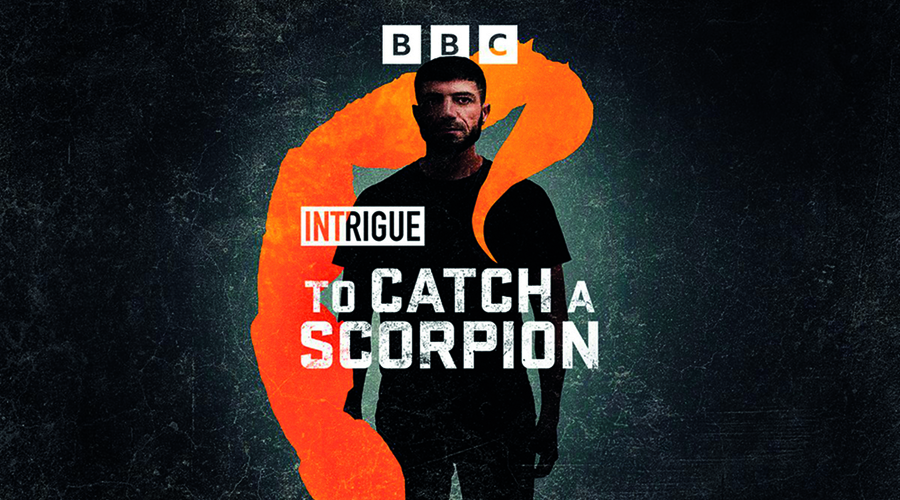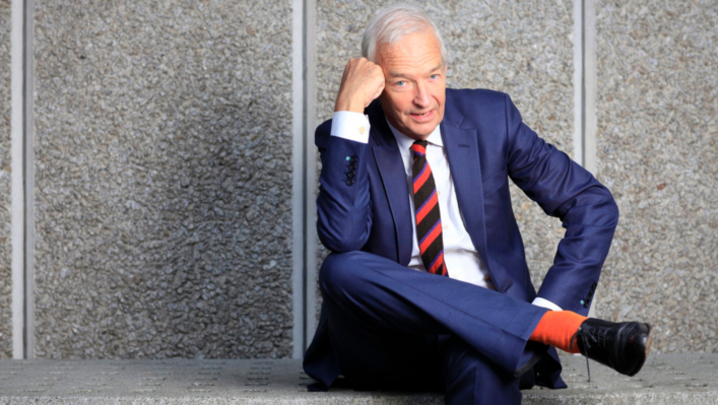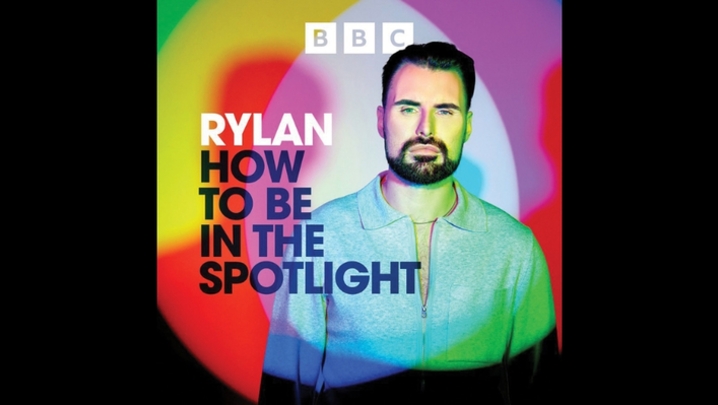Migrants are condemned to a numerical existence. They are dollar signs to rapacious people smugglers; intimidatingly huge figures in scaremongering headlines; and points to be scored against political opponents.
As if on cue, as I write this, Prime Minister Rishi Sunak is launching the Conservative manifesto, and he has just pledged to “halve migration as we have halved inflation”. And all the big parties in the general election are busy advocating their own policies to “stop the boats”.
How timely it is, then, to have a podcast air on BBC Sounds that so rigorously and compellingly dissects the smuggling trade.
In To Catch a Scorpion, intrepid journalist Sue Mitchell and former British soldier turned aid worker Rob Lawrie attempt to track down one of the biggest players in the trade: Barzan Majeed, codenamed “Scorpion”.
Majeed entered the business in 2015, a year during which conflicts in Iraq, Syria, Afghanistan, Somalia and Eritrea displaced more than 12 million people. Smugglers charge up to £12,000 for a Channel crossing on a crowded inflatable dinghy, so there is a lot of money to be made if you have no scruples whatsoever.
Sue and Rob each have their own mics to record their investigation as it unfolds. It’s a simple but ingenious way of broadening their coverage, and the result is a podcast that is almost cinematic in its dynamism.
In an early scene, the pair head to a nondescript corner shop in Nottingham, where Sue interrogates the manager about its ties to a smuggling gang.
We cut to Rob, who’s parked around the corner but has asked Sue to stay on the line.
So when the line drops, he dashes to the shop, and you can hear the anxiety in his voice as he describes the four cars with blacked-out windows pulling up around him.
As the eight parts fly by, there are many more suspenseful scenes like this: from late-night stakeouts in French lorry parks (to which smuggling gangs own “access rights”) to daring confrontations with gun-toting smugglers in Turkish cafés. It all amounts to a thrilling, globe-trotting game of cat and mouse.
But it’s a bit of a Trojan horse for the more heart-rending story about the very human cost of the smuggling trade, and a reminder of the desperate people behind the numbers. It is hard to unhear the recording of mothers howling in a gymnasium, having identified the bodies of their children who died in a yacht destroyed just metres from the Italian shore.







